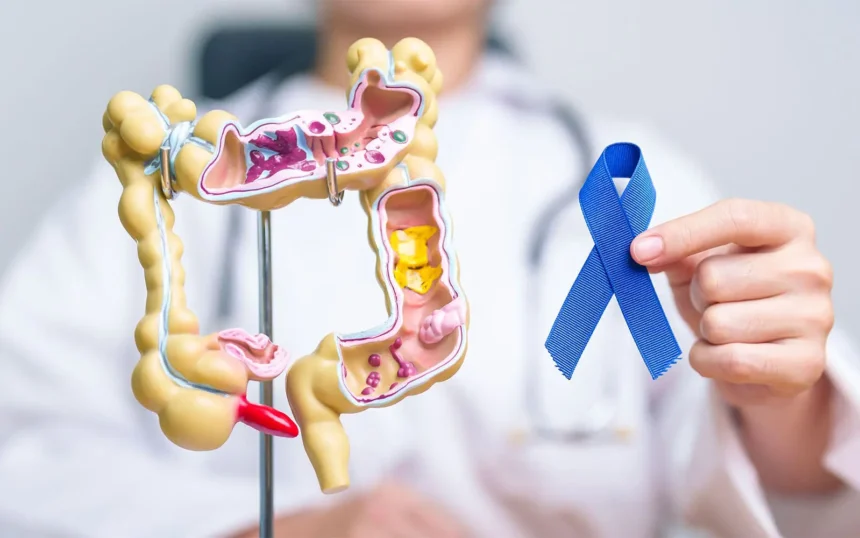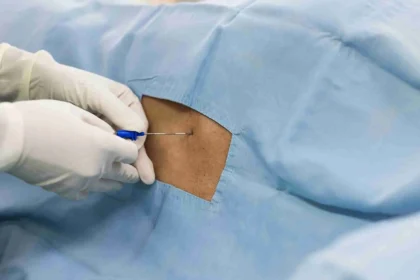Colon cancer screenings are preventive examinations that detect signs of cancer or precancerous conditions in the colon and rectum. These screenings are a standard part of adult healthcare, and they allow for the early detection of growths called polyps or other abnormalities before they might develop into cancer. Common methods include stool-based tests and visual exams, like a colonoscopy. Here’s information on questions to ask before your colon cancer screening:
What Are the Risk Factors of Colon Cancer?
Colon cancer typically begins as small, noncancerous clumps of cells called polyps that form on the lining of the colon. Some of these polyps can develop into cancer over time. This is why regular colon cancer screening appointments are recommended to detect polyps and other colon abnormalities early.
Some risk factors of cancer include age, family history, certain medical conditions, and some lifestyle factors. Discussing your personal health profile with a provider helps determine an appropriate screening schedule for your specific needs. Symptoms of colon cancer don’t always occur, as it develops slowly, but some possible symptoms may include:
- Bloody Stool
- Abdominal Pain
- Fatigue
- Unexplained Weight Loss
- Bowel Changes
- Bloated Stomach
What Happens at Cancer Screenings?
Preparing for a screening involves specific actions, and the procedure itself follows a clear process. Knowing what to expect can help you coordinate with your healthcare provider and feel more informed about your medical care. Ask about your colon cancer screening options and how you can prepare for them.
Before
Proper preparation is a key part of the screening process, so you should receive detailed instructions from your provider. It is imperative to ask about any dietary restrictions you need to follow, what the bowel preparation entails, and when you should start it, especially for a colonoscopy. You may also want to inquire if you need to adjust or temporarily stop any of your current medications.
During
The appointment itself varies depending on the type of screening performed, as a colonoscopy often involves sedation while a stool sample does not. You will need someone to drive you home when sedation is used for screenings, as you may be drowsy. Questions to ask about your screening appointment include how long the procedure will take and what you should expect to feel during and immediately after. You can also ask about the sedation that will be used and what recovery logistics you should plan for.
When Are My Results Available?
Following the screening, your provider will analyze the findings, and the timeline for receiving results can vary. For some procedures, a provider may share preliminary findings immediately, while lab analysis of any tissue samples will take longer. It is useful to ask when you can expect to receive your full results and how they will be communicated to you, whether by a phone call or through a patient portal. You can confirm who will explain the results and discuss any necessary next steps, including the plan if any polyps or abnormalities are found.
Learn More About Colon Cancer Screening
Preparing a list of questions before your appointment helps you have a clear understanding of the entire screening process. Knowing information about the screening process can help you prepare for your procedure. For more personalized guidance, consult with a gastroenterologist today.









